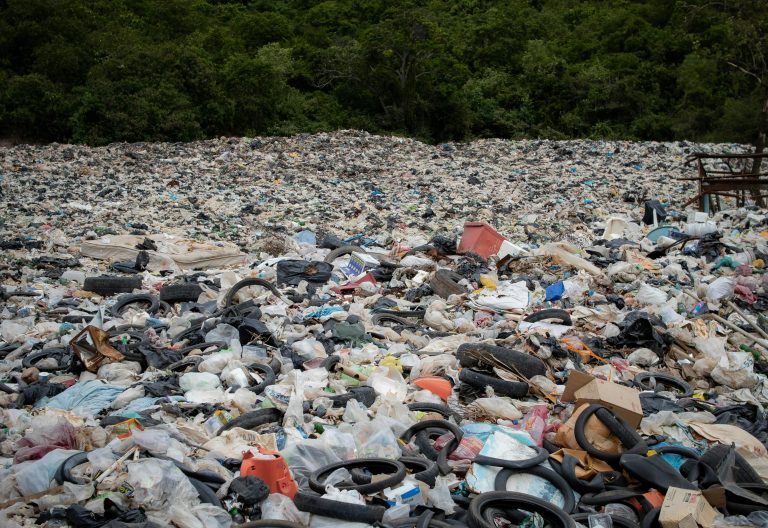Why waste pickers are essential partners in a circular economy

Waste pickers stand at the frontline of our waste management systems. These informal workers collect, sort, reuse, and sell recyclable materials discarded by others. By retrieving recyclables from streets, dumpsites, and landfills, they reduce municipal waste burdens, ease pressure on landfills, and supply industries with low-cost materials. Their labour keeps our environment cleaner while providing a lifeline to families living in poverty. The 2022 Sustainable Waste Management Act formally recognised their key role in the waste management sector.
As climate change and environmental degradation dominate global policy conversations, the circular economy has emerged as a practical solution. This economic model aims to minimise waste by reusing, repairing, refurbishing, and recycling materials – moving away from the traditional “make, use, dispose” approach. But will this transition honour those who have been sustaining recycling efforts all along?
With the shift to a circular economy, waste pickers stand at a crossroads.
Despite being vital to the waste-value chain, they have operated informally: unprotected, underpaid, and unheard. As discussions about waste reduction intensify, they risk being left behind. Many proposed measures emphasise formal-sector engagement and high-tech infrastructure without accounting for millions whose livelihoods depend on recycling waste. Without explicit inclusion in policy frameworks, these workers may be displaced by well-intentioned but exclusionary policies.
A just transition must ensure no one is excluded from the move toward a greener economy. Circularity isn’t only about recycling but also about justice, equity, and shared prosperity.
Civil society organisations like the Centre for Environment Justice and Development have helped by organising waste pickers into associations since 2021. These associations give workers collective bargaining power to demand fair wages and safer conditions while bridging the gap between informal labour and formal systems.
At UNEA 5.2 negotiations in 2022, waste pickers advocated for inclusion in the global plastics treaty, resulting in Resolution 5/14 formally recognising their role. They have since joined global alliances like WIEGO and IAWP, amplifying their voices internationally.
Kenya is making progress. The 2022 Sustainable Waste Management Act and National Waste Management Policy recognise waste pickers as key stakeholders. Yet many continue working without protective gear, health insurance, or legal recognition.
“For many years, we worked quietly, unseen, but we always knew the value we brought to the environment,” says Joyce Wangari of the Nairobi Recyclable Waste Welfare Association.
A truly just system must offer legal protections and spaces where waste pickers can influence the systems they already sustain. A circular economy without justice for these workers is a cycle incomplete – true sustainability begins with recognising those who have been doing the work all along.
The writer is a Journalist and Communications Specialist at the Centre for Environment Justice and Development














